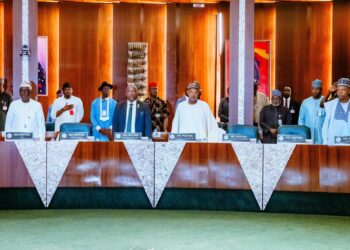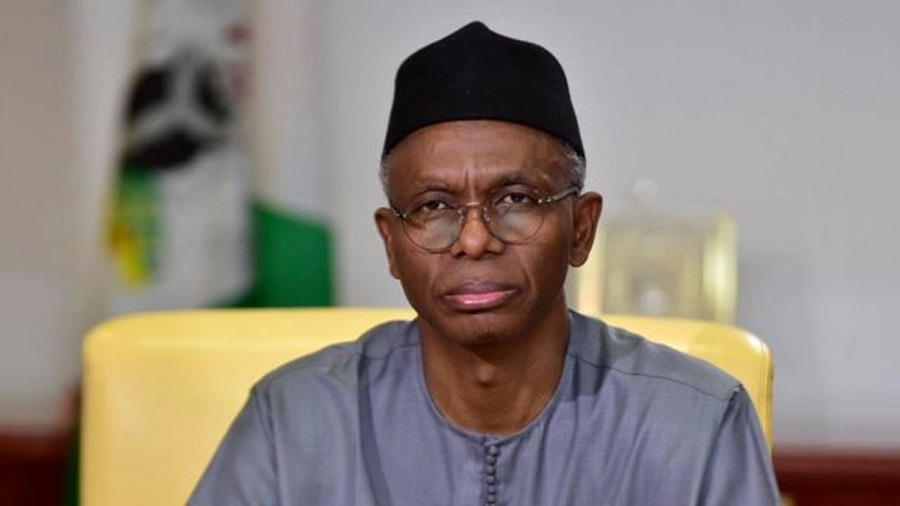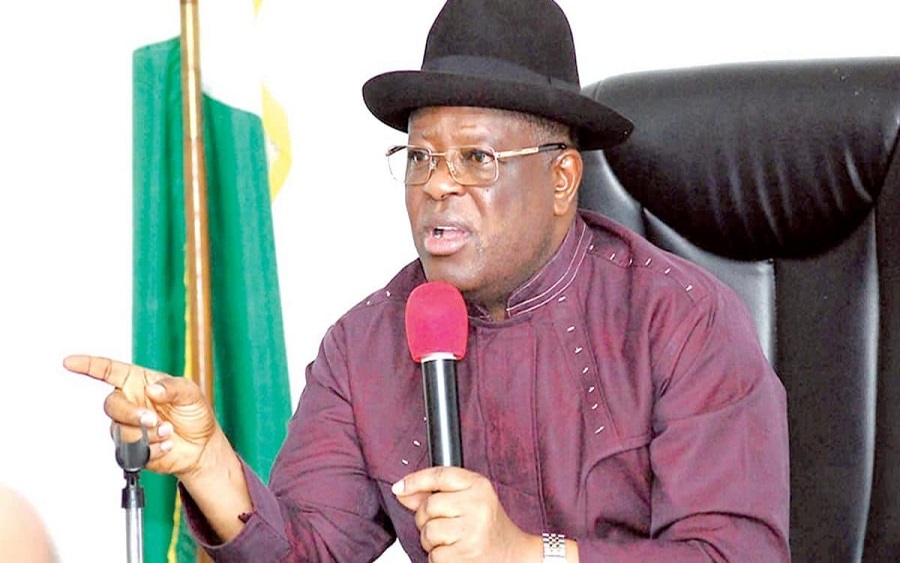At the end of the National Economic Council (NEC) meeting yesterday, the council disclosed that the Federal Government had resolved to borrow N2 trillion from the current N10 trillion pension funds to finance the development of infrastructure.
It also pronounced a national emergency on the power sector, noting that the Federal Government had pumped N1.7 trillion into the sector in the last three years with little or nothing to show for it.

The Governor of Kaduna State, Malam Nasir el-Rufai, noted that the decision to tap into the pension funds was reached by a NEC committee headed by him.
Notably, he cited that the committees’ decision is consistent with the Pension Reform Act 2004, which empowers the government to borrow 20% of the fund to address national issues.
Over the years, Nigeria’s widening infrastructure deficit has been a recurring discourse as it is widely believed that the weak stock of infrastructure investments is one of the biggest challenges to the ease of doing business. From poor port infrastructure, dilapidated transport networks, epileptic power supply, huge housing deficit, Nigeria’s infrastructure gap cannot be overemphasized.
[READ MORE: Petrol: Fuel marketers call for increase in margins)
According to the IMF, Nigeria’s infrastructure stock of c.25% of GDP remains far below the 70% international benchmark. This implies that the country’s public capital stock per head is lower than the global average, a situation that has continued to hinder growth in GDP and private sector investment.
While the government has relied heavily on a combination of internal and external financing to fund capital projects, the overall impact on the operating environment remains negligible as manufacturers and SMEs continue to grapple with bottlenecks which ultimately make their goods more expensive and less competitive when compared to their peers in other countries.
In recent times, government reliance on borrowings has raised concerns on the sustainability of public debt given the huge interest payment incurred in debt servicing.
In our view, we think the current fiscal structure of government characterized by weak government revenue, elevated recurrent expenditure, high cost of governance and ballooning debt servicing cost made the government consider unconventional methods of financing to bridge the huge infrastructural deficit.
In principle, the long-term investment horizon of pension funds makes them ideal funding source for financing infrastructure. These investments are expected to generate predictable and stable cash flows which are used to service the debts over time.
Given the past history of incomplete or abandoned infrastructure projects, project delays and cost overruns by the Federal Government, we believe pension funds may be reluctant in extending funds to government projects as this may affect the returns on their assets and ultimately the realization of retirement benefits for their principals.
________________________________________________________________________
CSL STOCKBROKERS LIMITED CSL Stockbrokers,
Member of the Nigerian Stock Exchange,
First City Plaza, 44 Marina,
PO Box 9117,
Lagos State,
NIGERIA.




















1.7 trillion naira spent on power in the last 3yrs plus huge sums spent by previous administrations without any significant improvement in power supply or related infrastructure. This shows that our current distinction rating in corruption is actually an understatement. The govt has been on a borrowing spree, sourcing funds locally & internationally to stimulate the economy, but corrupt individuals in the implementation chain keep frustrating these efforts due to their greedy & selfish interests, while the burden of the growing debt remains on the shoulders of a dwindling economy. Many people don’t realize that, as the price & quantity of crude we export continue to drop, Nigeria is fast running out of options to save her economy. Spikes in crude prices can no longer come to the rescue like in time past, because the world is currently at an advanced stage of de-emphasizing the use of fossil fuels, even the US seem to be strategically doubling efforts to exploit and export their huge oil reserves both in crude and processed forms because they know demands and prices may likely crash irredeemably in the near future.
If we have spent 1.7 trillion in the last 3 years with nothing to show for it, then i think we need to do assessment of what has been spent by the current and past governments.
There is need to know why we are spending huge money with no appreciable effect.
It is not a good step in the right direction bcos the penioners are not even enjoying their contributions.. we wait after retirement one year before you get anything from your savings. What I think should be done is to make it possible for dividents from these contributions to be shared to the contributors or start enjoying your savings as soon as you retired. But no you wait and languish in poverty before you are paid. This happens only in the core civil service. Pls look into this problem get to solved so that the idea of corruption will be reduced. Thank you.